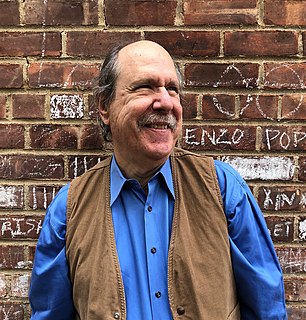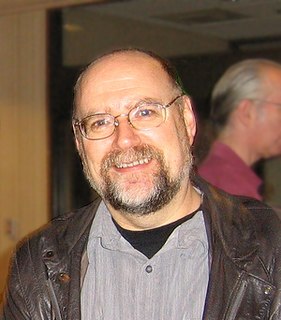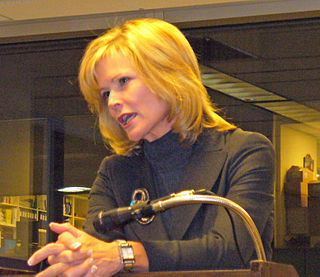A Quote by Paul Levinson
If two or three hundred years from now an earthbound civilization is dying ... and they look back at the opportunity that we have here at the close of the twentieth century to move out into space and they see that we didn't do anything with it ... I don't want history to judge us on having blown this opportunity, and I think history will judge us on this more than on any other issue.
Related Quotes
Film is more than the twentieth-century art. It's another part of the twentieth-century mind. It's the world seen from inside. We've come to a certain point in the history of film. If a thing can be filmed, the film is implied in the thing itself. This is where we are. The twentieth century is on film. You have to ask yourself if there's anything about us more important than the fact that we're constantly on film, constantly watching ourselves.
We live in an enlightened age, however, an age that has learned to see and to value other living things as they are, not as we wish them to be. And the long and creditable history of science has taught us, if nothing else, to look carefully before we judge to judge, if we must, based on what we see, not what we would prefer to believe.
When we look out into space, we're looking back in time; the light from a galaxy a billion light-years away, for instance, will take a billion years to reach us. It's an amazing thing. The history is there for us to see. It's not mushed up like the geologic record of Earth. You can just see it exactly as it was.
I think certain periods of history don't get dealt with because I think historians, and it's their job, but they look back and look for patterns. They look for sequences and they look for reasons, and certain periods of history don't fit with the general pattern of 1500 to the 20th century, during which there's the creation of the United States. At this time of 1814, two nations who would eventually become close allies were at war with each other, so it doesn't quite fit.
From a distance, the American political system is a remarkable success. We have accomplished the peaceful transfer of power for more than two hundred years, and that's unmatched by any civilization in human history. Up close, our political system still has all the ugliness and bad actors that you might suspect.
In the space of one hundred and seventy-six years the Mississippi has shortened itself two hundred and forty-two miles. Therefore, in the Old Silurian Period the Mississippi River was upward of one million three hundred thousand miles long, seven hundred and forty-two years from now the Mississippi will be only a mile and three-quarters long. There is something fascinating about science. One gets such wholesome returns of conjecture out of such a trifling investment of fact.
Be more attentive to what successful people have to say about all the opportunity around you. Anything important - which takes only two minutes to point out - will exceed most people's attention span by at least a minute and a half. Learn to pay attention for two minutes at a time - and you will see more opportunity than you know what to do with.
At this point in history when all things which concern man and the structure and elements of history itself are suddenly revealed to us in a new light, it behooves us in our scientific thinking to become masters of the situation, for it is not inconceivable that sooner than we suspect, as has often been the case before in history, this vision may disappear, the opportunity may be lost, and the world will once again present a static, uniform, and inflexible countenance.



































